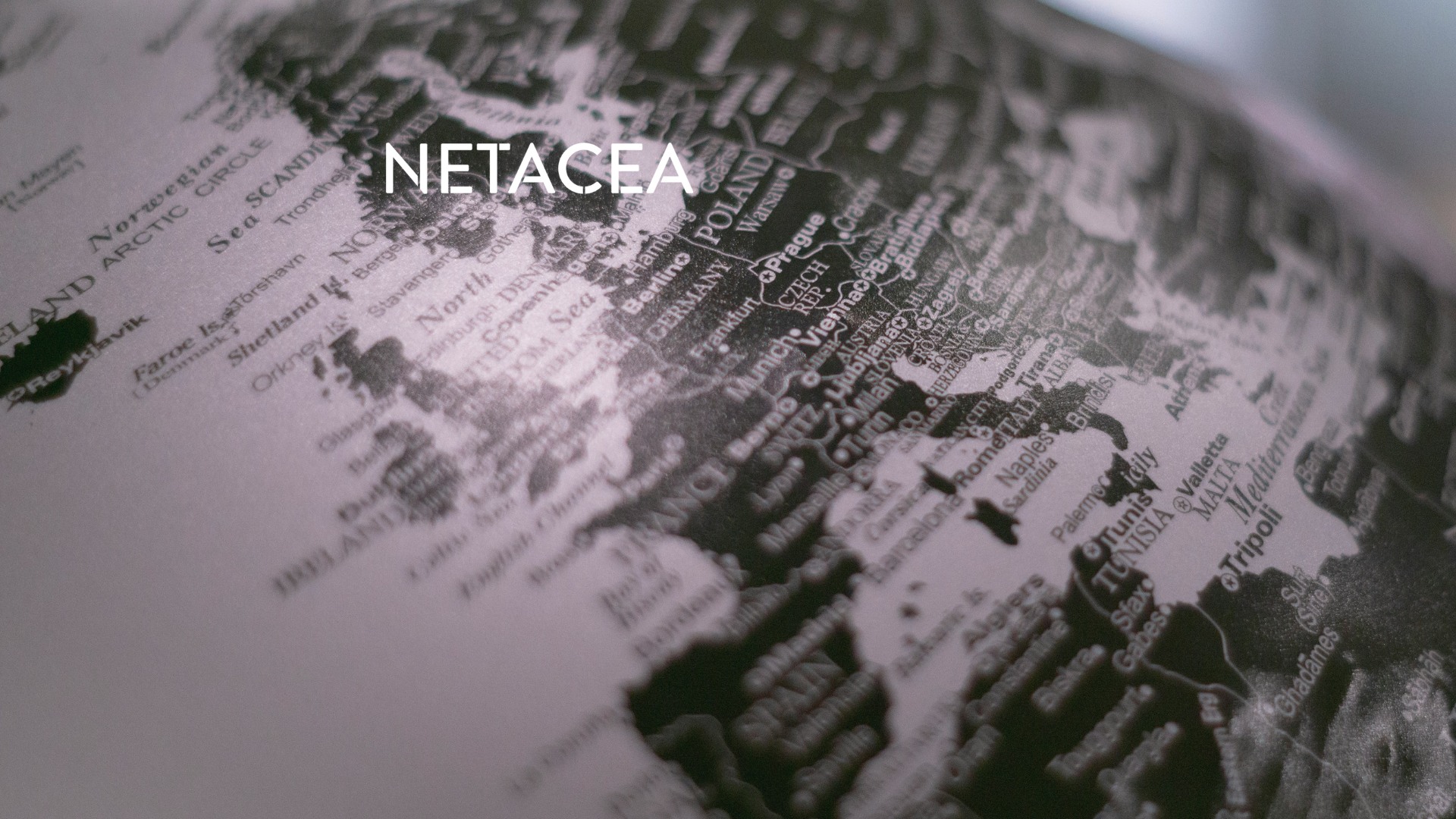We’ve all heard that too many cooks can spoil the broth, but the reality is slightly more subtle. The Abilene Paradox term originates from the story of a bored family who find themselves deciding to embark on a huge round trip for the sake of visiting a mediocre restaurant in the Texan city of Abilene.
No one really wants to go, but no one resists the suggestion. And as no one strongly objects, everyone assumes that it is the group consensus to make a long boring trip for some disappointing food.
Why do they make such a poor decision, when not even the person originally suggesting it really wants to go? The answer is that people want to conform and don’t like to go against the grain—think of the famous Candid Camera skit where actors stand in an elevator the “wrong way”, and unwitting members of the public follow suit. The Abilene Paradox tells us that this urge to conform is so strong that we will go along with what we think the group wants… even if the group hasn’t expressed a strong desire.
If you’ve ever wondered how an exciting business led by smart people could end up with unfocused dull messaging and a bland content strategy, there’s a good chance the Abilene Paradox could be to blame.
In their book Made to Stick: Why Some Ideas Survive and Others Die, Chip and Dan Heath return multiple times to the simple motto of Southwest: “THE Low Fare Airline” (though the company has recently switched to the similarly simple “Low fares. Nothing to hide.”) This motto functions not just as snappy slogan, but also works as a brand philosophy, guiding company decisions. What about a meal upgrade option for some fancier in-flight grub? No, that doesn’t fit with the company ethos. Ditching the idea of premium or first-class seats, however, does fit—and Southwest Airlines has such a policy, along with price matching if you can find a cheaper flight.
The reason Southwest Airlines’ messaging works lies in its simplicity. Customers know exactly what to expect. But the decision to use this message is also a decision not to include others. An airline could choose to highlight their safety record, their comfortable seats, their range of entertainment, or their colourful cabin crew uniforms. But a message that covered all of these would be ineffective, each point diluting the others and nothing standing out. USPs, after all, must be unique—or they are simply SPs.
The Abilene Paradox and simple messages are mortal enemies. When businesses are deciding what makes them stand out, there’s a temptation to say that everything is wonderful—that the products are the best in the market, they are competitively priced, they have the best available support, and so on. But worse than that, there’s a temptation to believe that other decision-makers will want to be represented: the head of security will want to promote security; the head of development will want to promote specific product features; a chief digital officer may want to focus on cloud integration, and so on.
The point is not that these different roles and departments will demand this, but that the Abilene Paradox means that people will make assumptions about what others will want. This desire to please everyone inevitably means pleasing no one, leading to mission statements and content strategies with no strong focus – as bland as a meal in a disappointing Texan restaurant no one really wanted to go to.
Consensus is important, but so is making sure everyone is not simply agreeing to a plan they think everyone else wants, but no one really does.
















